What are carbocations?
Text Solution
(i) Let us consider the hetrolytic fission of the bond C-X present in organic molecule. If the atom X has greater electronegativity than the carbon atom, the former takes away the bonding electron pair and becomes negatively charged while the carbon will lose its electron and thus acquire a positive charge.
(ii) Such a cationic species carrying a positive charge on carbon are known as carbocation or carbonium ion.

|
Topper's Solved these Questions
- BASIC CONCEPTS OF ORGANIC REACTIONS BOOK - FULL MARKSCHAPTER - BASIC CONCEPTS OF ORGANIC REACTIONS EXERCISE - Additional Questions Solved (5-Marks Question)
10 Videos
- BASIC CONCEPTS OF ORGANIC REACTIONS BOOK - FULL MARKSCHAPTER - BASIC CONCEPTS OF ORGANIC REACTIONS EXERCISE - Additional Questions Solved (Assertion and Reason)
4 Videos
- BASIC CONCEPTS OF CHEMISTRY AND CHEMICAL CALCULATIONS BOOK - FULL MARKSCHAPTER - BASIC CONCEPTS OF CHEMISTRY AND CHEMICAL CALCULATIONS EXERCISE - Additional Questions Solved(5-Mark Questions)
29 Videos
- CHEMICAL BONDING BOOK - FULL MARKSCHAPTER - CHEMICAL BONDING EXERCISE - ADDITIONAL QUESTIONS SOLVED (5-MARK QUESTIONS)
14 Videos
Similar Questions
Knowledge Check
Which allylic carbocation is the most stable carbocation ?
A B
B C
C DAll of the above
DAll of the above(A) Tertiary carbocations are generally formed more easily than primary carbocations.
(R) Hyperconjugation as well as inductive effect due to additional alkyl groups stabilize tertiary cabocations.AIf both assertion and reason are correct and reason is crect explanation for assertionBIf both assertion and reason are correct but reason is not cottect explanation for assertionCIf reason is correct but assertion is incorrectDIf both assertion and reason are incorrectTaking into account the stability of various cycloalkanes and carbocations, as well as the rules governing mechanisms of carbocation rearrangements, what is the most likely product of this reaction?
 A
A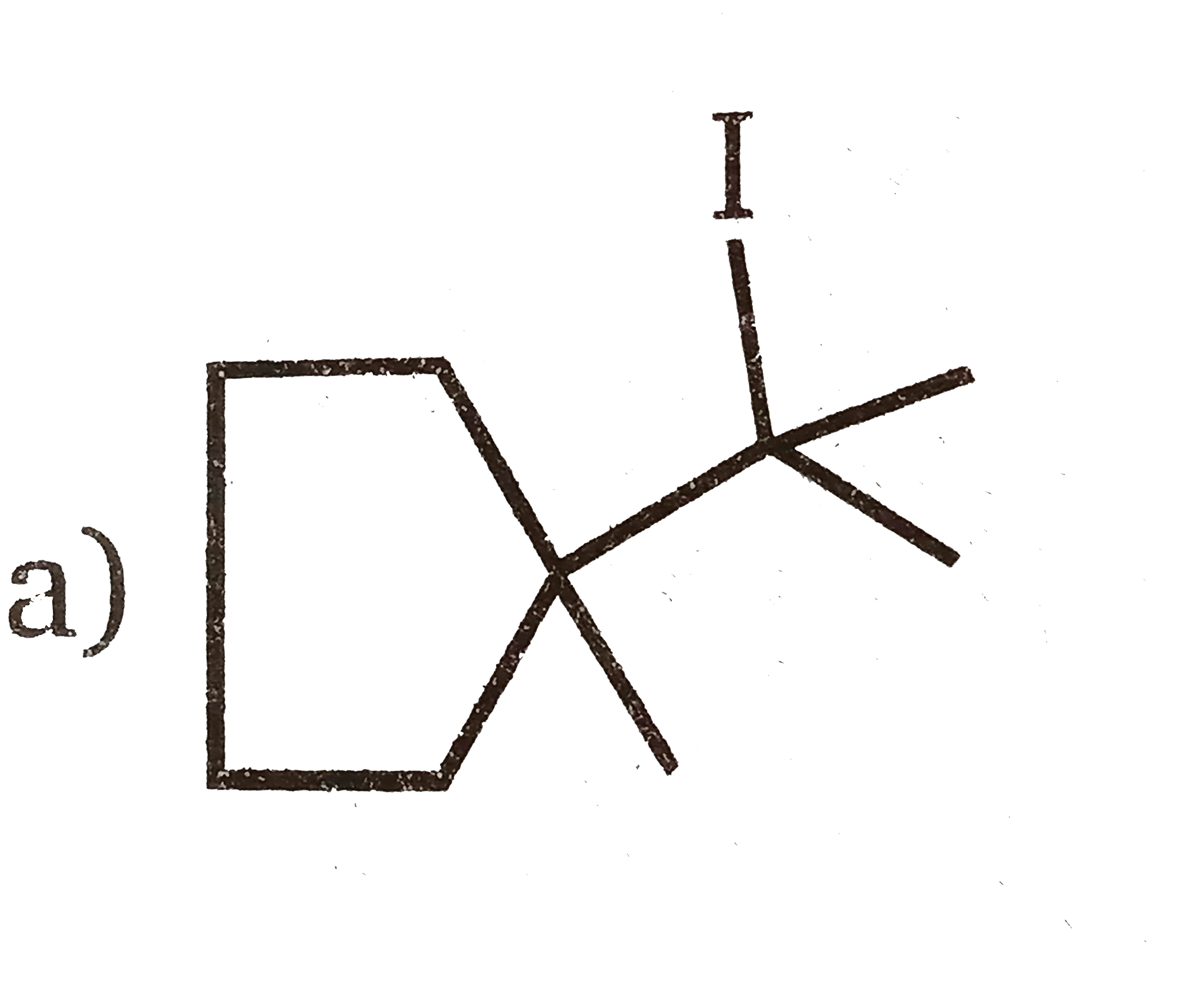 B
B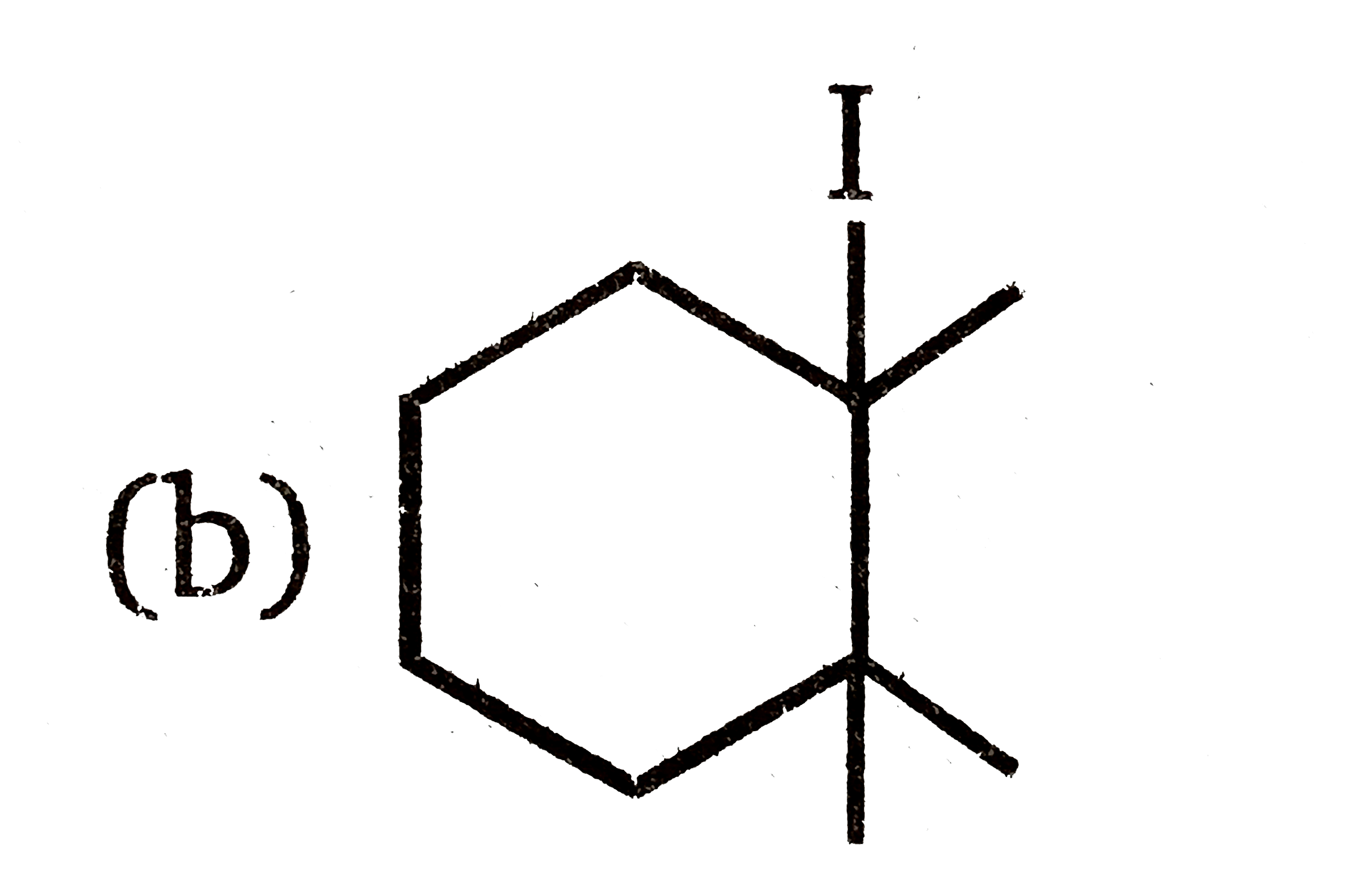 C
C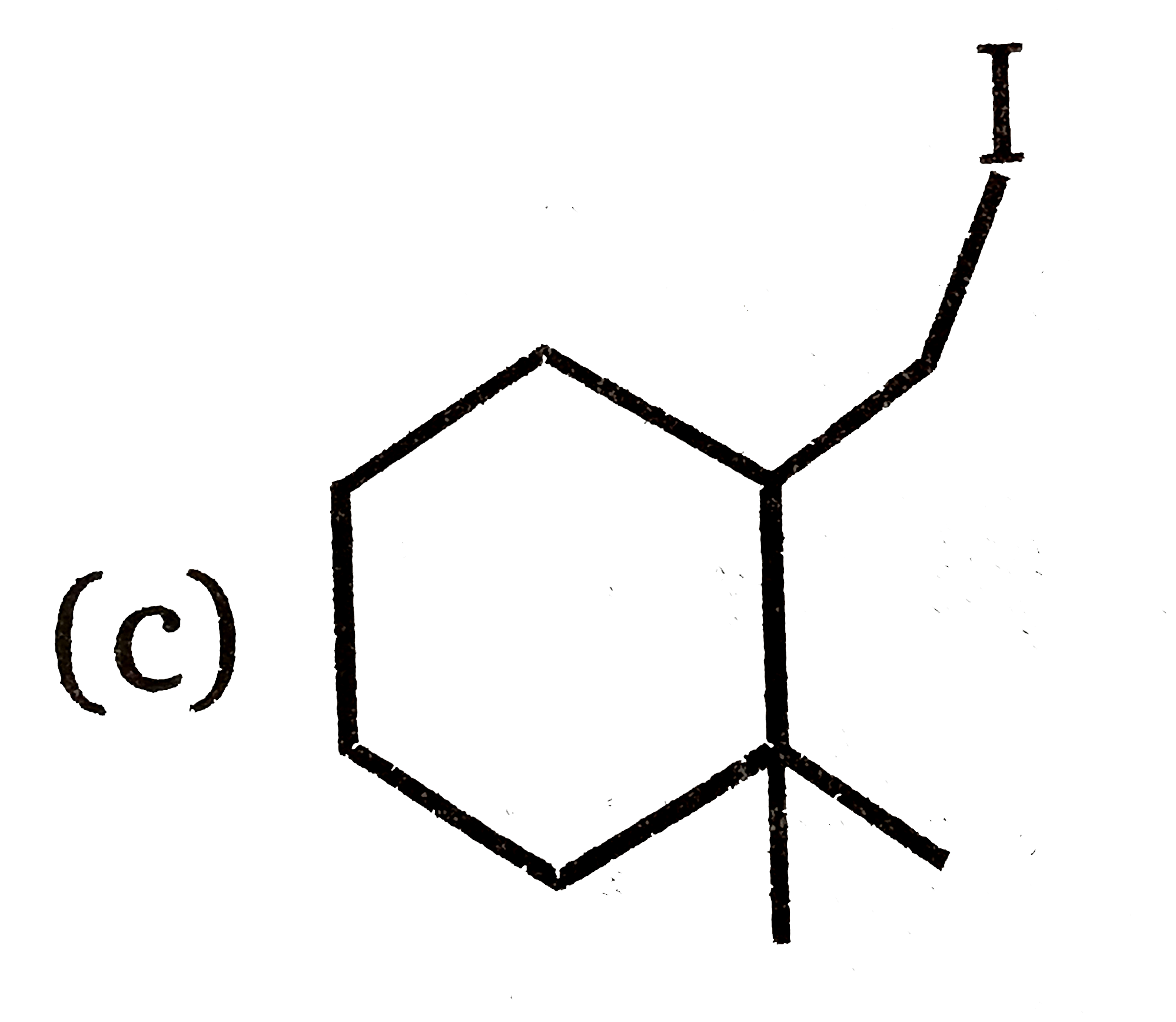 D
D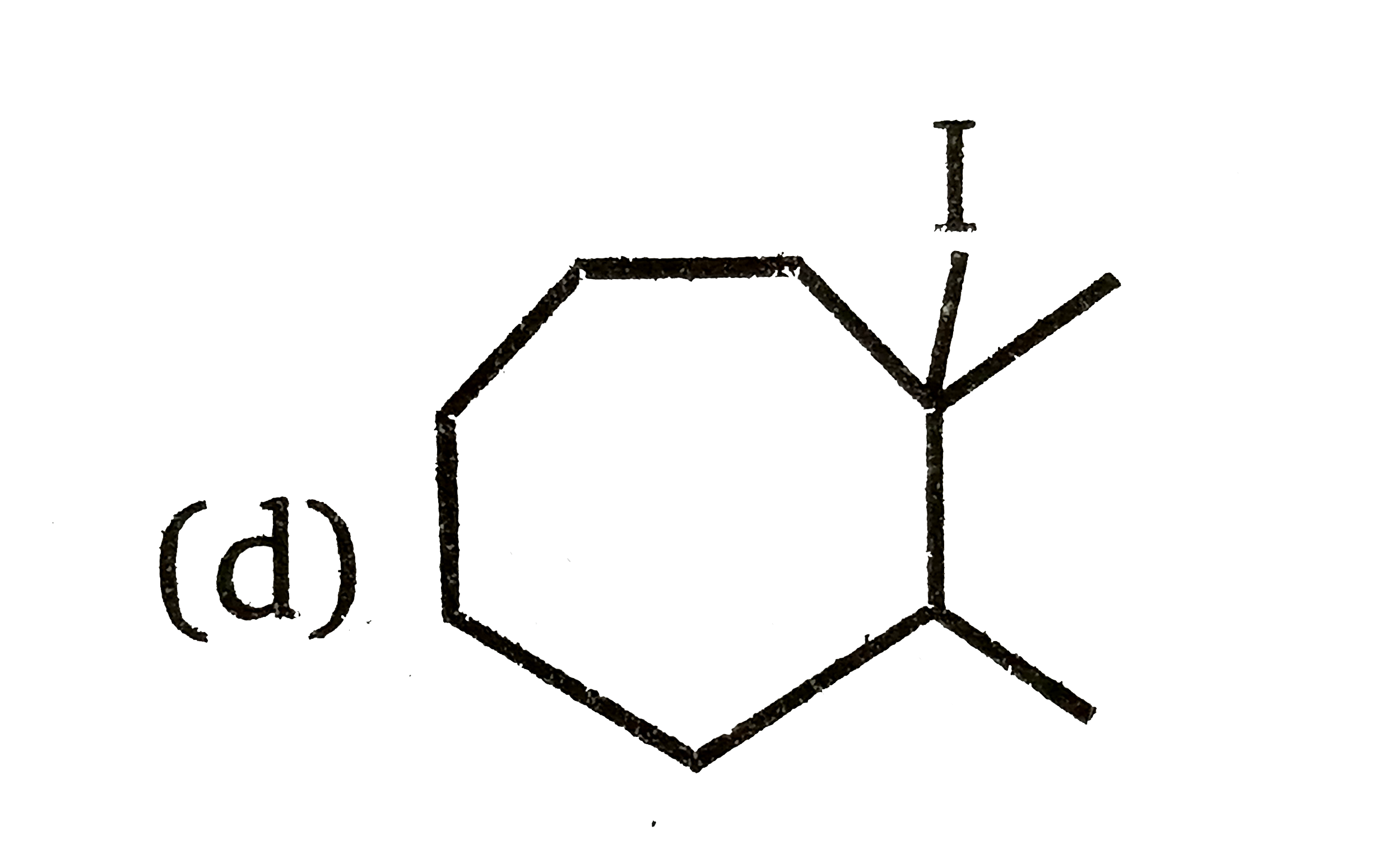
what is 3° carbocation ?
View SolutionWhy less stable carbocations tend to rearrange to more stable carbocations but carbanions and free radicals do not ? Why so ? Explain.
View SolutionHow many more stable carbocations are possible after rearrangement in the following carbocation.
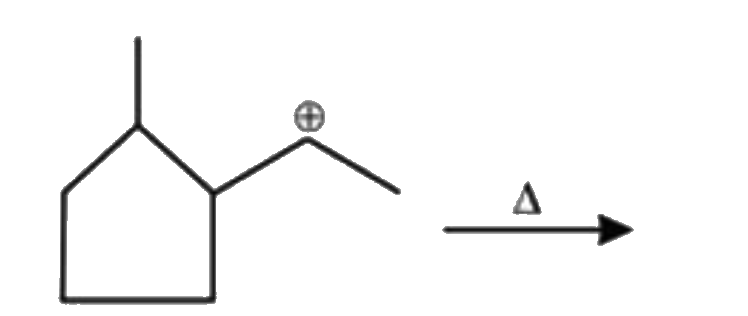
View SolutionWhich of the following carbocations would not likely rearrange to more stable carbocation ?
View SolutionWhich of the following carbocations would not likely rearrange to more stable carbocation ?
View Solution
